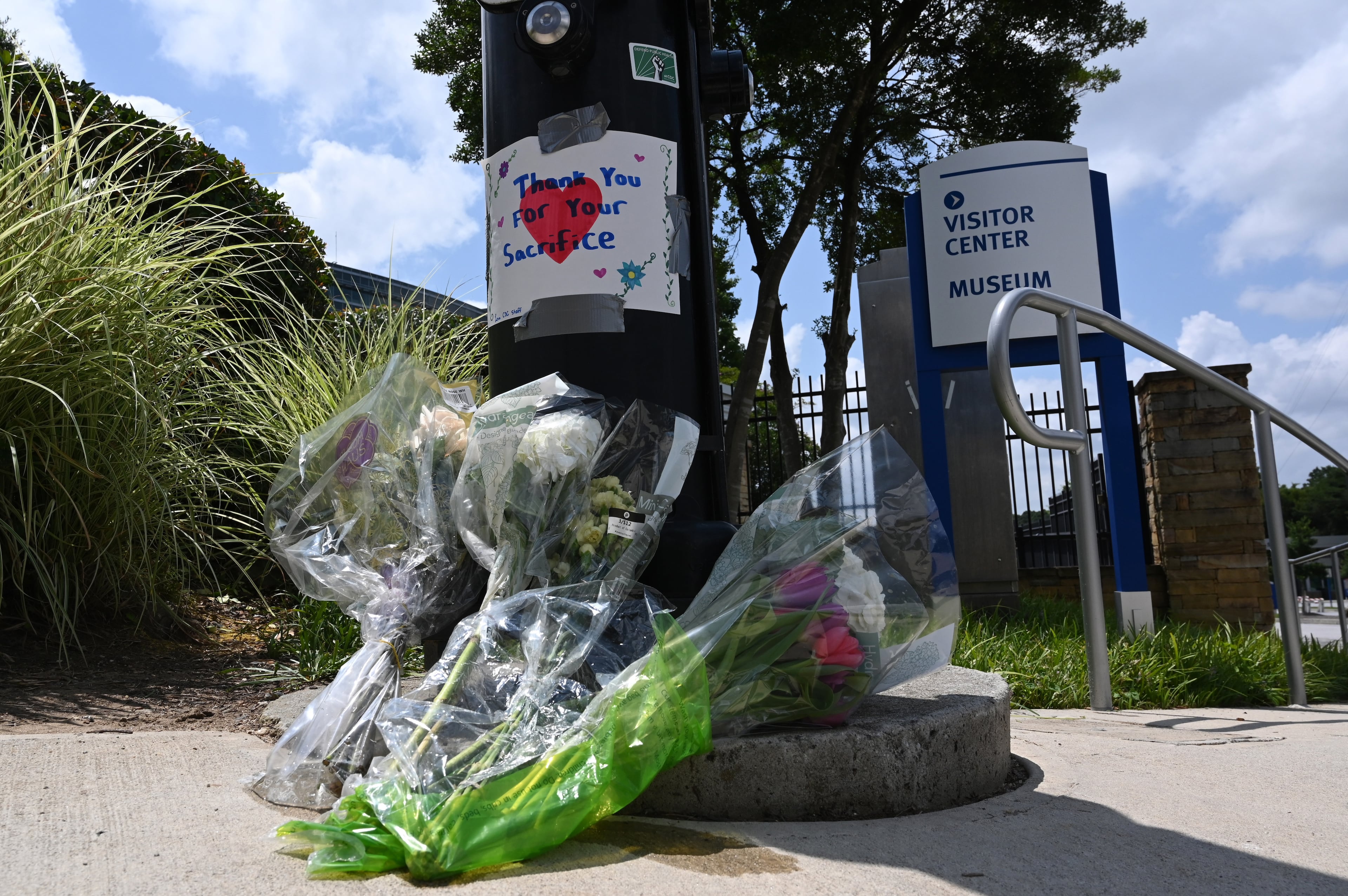3 habits that increase anxiety, according to experts
More than 300 million people around the world suffer from anxiety disorders. Whether the issue is family, finances or work, anxiety can come from a variety of sources.
Psychologists call anxiety a “smoke alarm,” notifying you of danger and allowing you to make changes. While that can be a good thing, of course, many people experience non-productive anxiety, stressing over everyday interactions. According to the experts, tackling this sort of anxiety requires recognizing the triggers and facing them in a healthy way.
Here are three habits that can needlessly increase anxiety:
Avoidance
Avoiding difficult people, situations and issues might seem like a good idea in the moment, but making a habit of avoiding stressors can actually help fuel anxiety by increasing the body’s flight-or-flight response.
“We want to approach things and be willing to tolerate a little bit of discomfort in the service of our values. Meaning, if we value friendship... it’s going to be meaningful for us to approach these social interactions instead of avoid them,” explained psychologist Justine Grosso in HuffPost.
Negative talk
Negative talk, whether it’s about others or yourself, can have lasting effects. Experts say our “inner critic” can influence our decisions and lead to anxiety. Negative talk has been linked to depression, PTSD, psychosis, OCD and social anxiety disorder.
“It is any thought that diminishes your ability to make positive changes in your life or your confidence in yourself to do so,” noted Very Well Mind.
People-pleasing
The desire to constantly put someone else’s needs or wants ahead of your own increases not only anxiety but also leaves room for self-doubt and stress that can lead to burnout.
“This really creates a dynamic of self-neglect, prioritizing everyone else’s wishes and needs above your own, and poor boundaries is something else that this leads to,” says psychologist Jennifer Anders, who runs a popular mental health Instagram account, The.Anxiety.Doc.
Confronting anxiety-causing habits
Confronting your bad habits can be daunting, but there are lots of ways to improve your mental and emotional help.
- Get regular exercise
- Limit caffeine
- Find the trigger
- Talk to a professional
- Practice relaxation techniques



